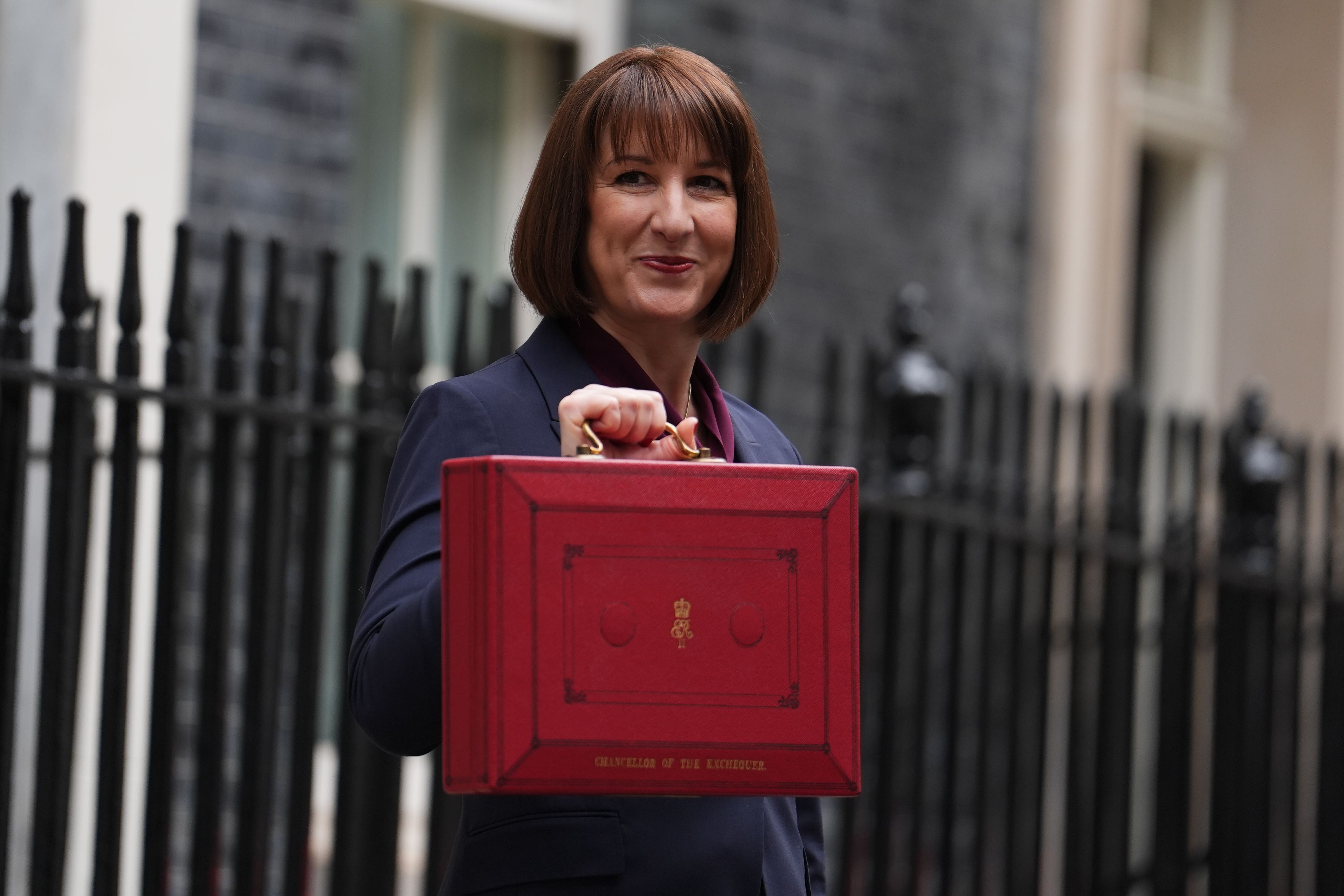Hospitality bosses warn national insurance changes ‘unsustainable’
The main tax rise in Rachel Reeves’s fiscal statement was a change to employers’ national insurance contributions.

Your support helps us to tell the story
From reproductive rights to climate change to Big Tech, The Independent is on the ground when the story is developing. Whether it's investigating the financials of Elon Musk's pro-Trump PAC or producing our latest documentary, 'The A Word', which shines a light on the American women fighting for reproductive rights, we know how important it is to parse out the facts from the messaging.
At such a critical moment in US history, we need reporters on the ground. Your donation allows us to keep sending journalists to speak to both sides of the story.
The Independent is trusted by Americans across the entire political spectrum. And unlike many other quality news outlets, we choose not to lock Americans out of our reporting and analysis with paywalls. We believe quality journalism should be available to everyone, paid for by those who can afford it.
Your support makes all the difference.Hospitality bosses have told Rachel Reeves her changes to National Insurance are “regressive in their impact on lower earners”, it has been reported.
Signatories to the letter organised by UK Hospitality, and seen by The Sunday Times, have said that “some jobs on minimum wage will become unviable” as a result of the new threshold announced at last week’s Budget.
The main tax rise in Ms Reeves’ fiscal statement was a change to employers’ national insurance contributions (NICs) which is expected to raise more than £25 billion for the Treasury.
As well as an increase in the rate employers pay, from 13.8% to 15%, the threshold at which employers start paying the tax will be reduced from £9,100 per year to £5,000.
According to the Times, hospitality bosses are calling for a lower NICs rate of 5% for those earning between £5,000 and £9,100, or an exemption.
The letter reads: “The changes to the NICs threshold are not just unsustainable for our business, they are regressive in their impact on lower earners and will impact flexible working practices which many older workers and parents rely upon.
“Unquestionably they will lead to business closures and job losses within a year”.
There was also a warning that “some jobs on the minimum wage will become unviable”.
Among the signatories to the letter were bosses at Whitbread and Greene King, the Times said.
They are the latest in a string of businesses to offer warnings about the impact of the tax changes in last week’s Budget.
Earlier this week, the Asda chairman suggested there will be rising prices as a result of the hit they are anticipating from the new rules.
Chairman Lord Stuart Rose said the increase in employer taxes is “a big burden for business to carry”.
He said the firm will do all it can not to pass extra costs on to consumers, but it is likely to result in rising costs at the supermarket in some form.
“We are a very efficient industry, as retailers.
“We will do everything we can to mitigate this cost.
“But of course, you can’t deny it will probably be inflationary to some degree.
“We’re just working through the details of that now… We’re looking at the impact.”
Sainsbury’s have also warned of a £140 million hit, while Marks & Spencer said earlier in the week that it would mean £60 million in extra costs, which will be pushed higher by an increase in the national living wage.